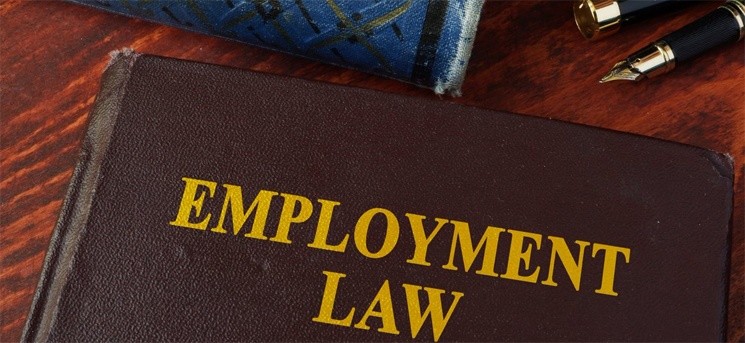The Trump Effect on Employment Laws
Regardless of your political preference, having Trump as President of the United States has affected the employment law arena even within the first year. Here are five things that have changed that you should be aware of.

1) Religious Liberty Exemption – Attorney General Jeff Sessions issued guidance regarding the First Amendment’s free exercise clause, which broadens the scope of religious liberties for employers and individuals. In this guidance, Sessions outlines 20 principles stating, “[e]xcept in the narrowest circumstances, no one should be forced to choose between living out his or her faith and complying with the law.”
2) Contraception Exemption – The U.S. Department of Health and Human Service issued two regulations going into effect immediately which allows employers to be exempt from offering contraceptives under the Affordable Care Act if either 1) they have “sincerely held religious beliefs” against contraceptives, or 2) if they object “on the basis of moral conviction [that] is not based on any particular religious belief”.
3) Title VII Sex Discrimination – The U.S. Department of Justice removed a memo issued in 2014, which said that gender-identity (transgender) discrimination was prohibited under Title VII. This means that the courts alone will now be left to determine the issue of transgender discrimination without the guidance issued by the U.S. Department of Justice.
4) DACA Reversal – In September of 2017, the Trump Administration announced that it was ending DACA (Deferred Action for Childhood Arrivals) that was put into place by the Obama Administration in 2012. While the impact is not immediate because individuals with current DACA permits can stay until those permits are expired, it does put employers with DACA employees in a situation where they must decide how to handle these employees should congress not pass new legislations regarding this issue.
5) Class Action Waivers – In a case before the Supreme Court, the Department of Justice is now arguing that employers should be allowed to require that employees waive their right to pursue class action litigation against the employer as a condition of employment. On the opposite side, the National Labor Relations Board is arguing that this should not be allowed. This marks a rare occurrence where two government agencies will argue against each other before the Supreme Court. It should not surprise you to know that Department of Justice is led by Attorney General Jeff Sessions (a Trump nominee) while the National Labor Relations Board is led by General Counsel Richard Griffin (an Obama nominee whose term ends in November 2017).
One other item to keep on your radar relates to a potential new overtime rule. While the Obama Administration overtime salary increase did not go into effect thanks to a Texas federal judge invalidating the rule, there is news that the Department of Labor will likely seek approval to set the minimum salary level somewhere in the low to mid-$30,000’s range. There are sure to be more changes to employment laws under the Trump Administration. If you have questions about how changing employment laws impact your situation, please contact Brad Denton at Denton Peterson PC.
Approved By:

Brad Denton – Denton Peterson, PC
1930 N Arboleda #200
Mesa, AZ 85213
Office: 480-325-9900
Email: [email protected]
Website: https://arizonabusinesslawyeraz.com